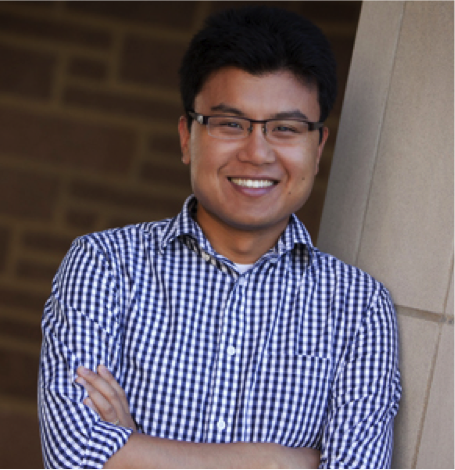Control Seminar
The Emerging Interface Between Control Theory, Neuroscience and Brain Medicine

A persistent and fundamental question in neuroscience asks how the brain converts raw signals into usable information that allows us to see, hear and think. Understanding the mechanisms by which neural networks
achieve these functions can provide important insights into the basic workings of the brain and, moreover, can offer
clues on how to better intervene in cases of neural pathology. In this talk, I will discuss emerging research that views networks in the brain through the lens of dynamical systems and control theory. This approach is based on the
premise that understanding the input-output relationships of neuronal networks can shed new light on the link between neural dynamics and information processing. Specifically, I will first discuss recent efforts at modeling
neural network dynamics associated with general anesthesia and how these models suggest new mechanisms by which anesthetic drugs induce unconsciousness. Then, I will show how the dynamical insights from these models have been used to solve the important clinical problems, including the design of closed-loop methods for maintaining medical coma. Finally, I will present a more general problem wherein methods from control theory are used to optimize a neuronal network in order to achieve a certain information-theoretic objective function. What emerges from the optimization are a set of dynamics that bear remarkable similarity to those that have been observed in vivo, providing a highly intriguing hypothesis on the functional advantages of biophysical neuronal networks. The talk will
conclude with a brief survey of additional application domains at the interface of control theory, neuroscience and brain medicine.
ShiNung Ching is currently the Das Family Career Development Assistant Professor in the Department of
Electrical and Systems Engineering at Washington University in St. Louis. Dr. Ching completed his B.Eng (Hons.) and M.A.Sc degrees in Electrical and Computer Engineering from McGill University, Canada and the University of Toronto, Canada. He earned his Ph.D. in Electrical Engineering from the University of Michigan in 2009 in the area of systems and control and is an author of the textbook Quasilinear Control. He subsequently completed postdoctoral training in computational neuroscience and anesthesiology at the Massachusetts Institute of Technology and the Massachusetts General Hospital. He is an author on over 40 publications in academic journals and is the recipient of the Young Investigator Program award from the AFOSR, a Career Award at the Scientific Interface from the Burroughs-Wellcome Fund, and research funding from the National Science Foundation.
 MENU
MENU 
